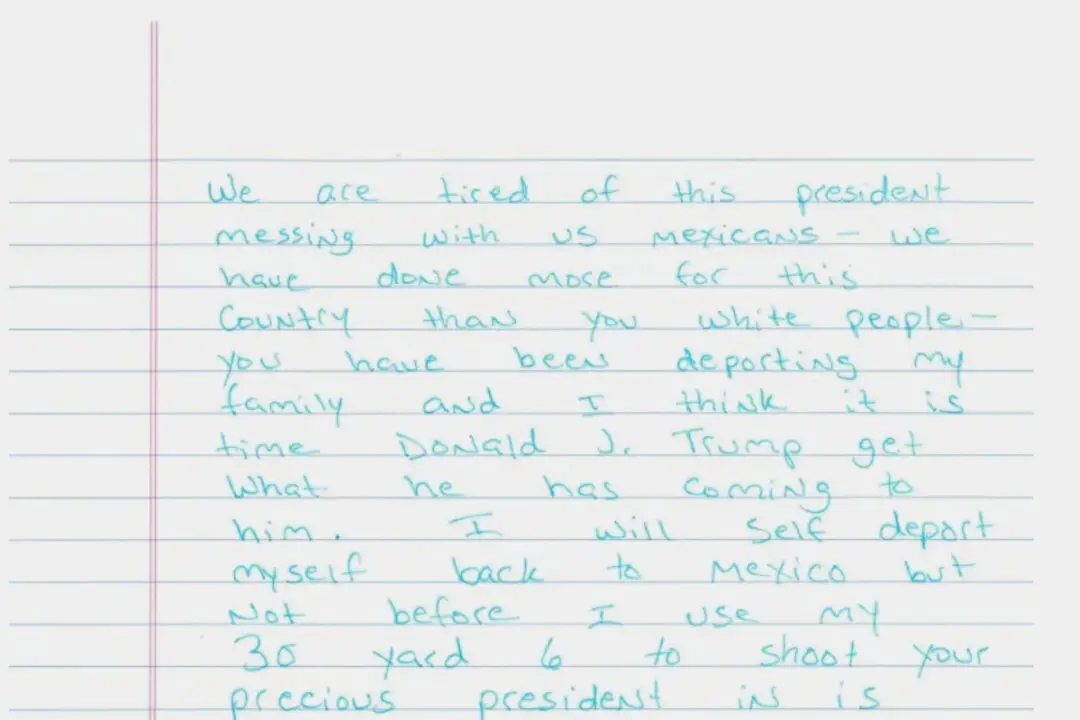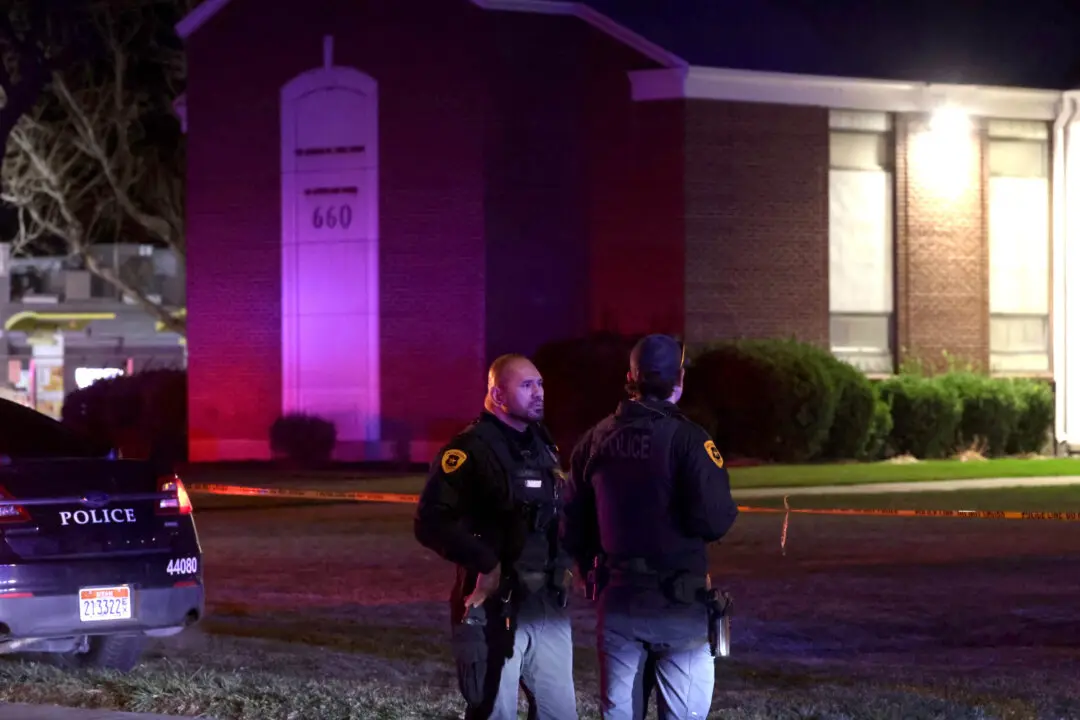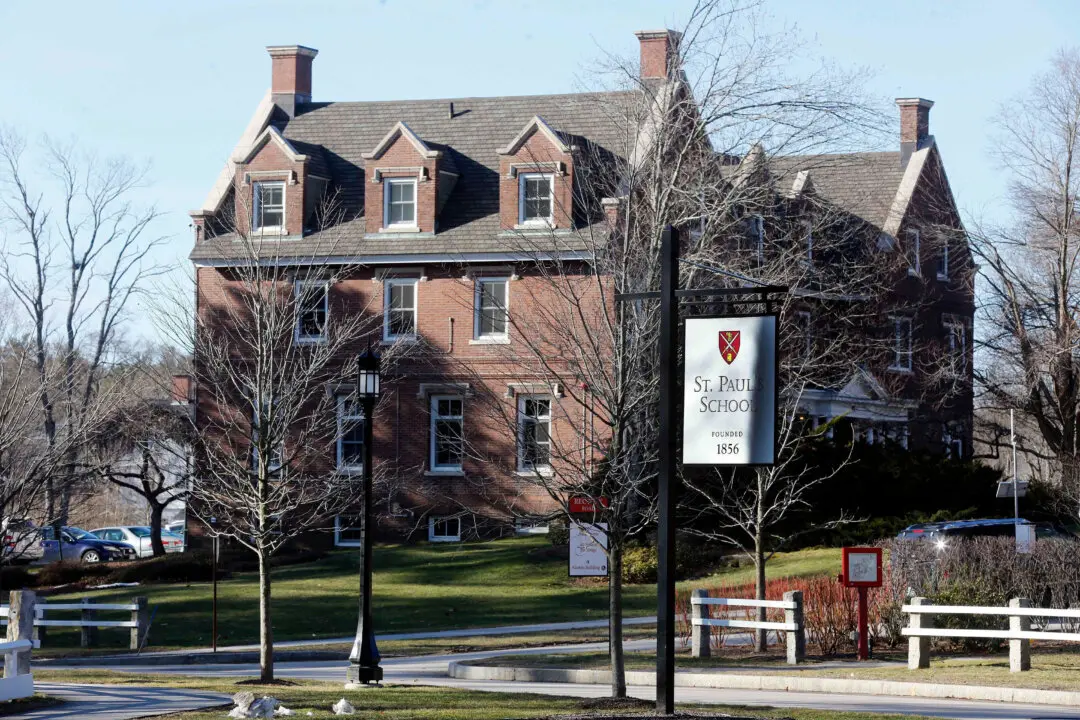BEIRUT—Syrian peace talks due next week are looking increasingly moot as a string of recent battlefield victories by government troops have bolstered President Bashar Assad’s hand and plunged the rebels into disarray.
The government’s advances add to the obstacles that have scuttled chances of halting — at least anytime soon — the five-year civil war that has killed a quarter of a million people, displaced half the country and enabled the radical ISIS group to seize a third of Syria’s territory.
A proxy war on the ground between regional rivals Iran and Saudi Arabia, disorganization among the rebels after a top commander and several other local leaders were killed, rigid and disparate U.S. and Russian positions regarding Assad’s future, and a spat over which groups will be invited to the negotiating table have all added to the conflagration.
“I don’t think we should expect any major results,” said Fawaz Gerges, professor of Middle Eastern politics at the London School of Economics. “Assad really believes that time is on his side, that he is winning, that the opposition is in tatters.”
The Jan. 25 talks in Geneva are meant to start a political process to end the conflict that started in 2011 as a largely peaceful uprising against Assad’s rule but escalated into an all-out war after a harsh state crackdown. The plan calls for cease-fires in parallel to the talks, a new constitution and elections in a year and a half.
The fighting has intensified since Russia intervened militarily with airstrikes last September, ostensibly to target ISIS extremists and other extremists. But the airstrikes helped Assad push back rebels on several fronts and capture dozens of villages in the north and west.
In November, government troops broke a three-year siege of the Kweiras air base in the northern province of Aleppo, and in December they captured another air base, Marj al-Sultan, in an opposition stronghold near the capital, Damascus. Allied fighters from the Lebanon’s Shiite Hezbollah group, as well as Iranian military advisers and pro-government militias, have helped the army take several areas in and around Latakia province, the heartland of Assad’s minority Alawite sect, which dominates the military and government.
The latest victory came last week with the capture of the town of Salma, one of the most significant government advances since the Russian air campaign began. Overlooking the coast, it is only 12 kilometers (seven miles) from the border with Turkey, a key supporter of rebels in the area.
“The Syrian army has shifted from a defensive mode to offense,” said Gerges. “Before the Russian intervention the army was bleeding, it was desperately trying to maintain its position, but now it has achieved major tactical gains on many fronts.”






